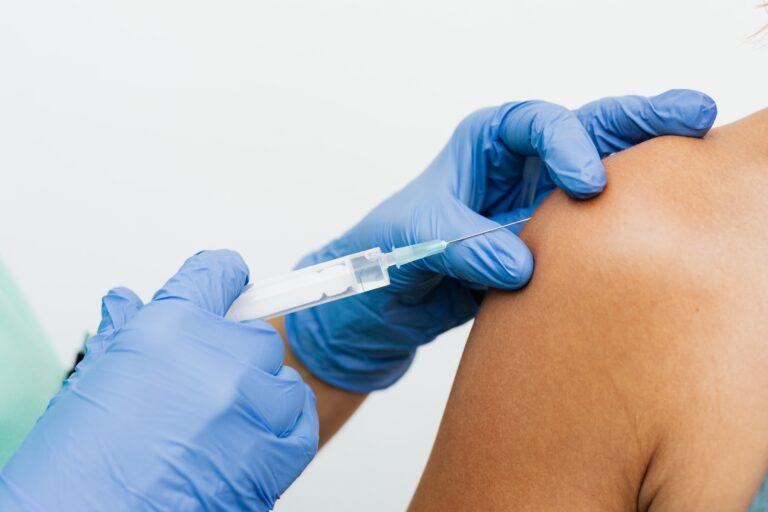Handling Covid 19 at home

Covid 19 is caused by the SARS CoV2 virus which is highly infectious. As a physician working on the front-line, I have seen the spectrum of Covid 19, from asymptomatic or mild to critical illness, and death. While much has been said about hospitalization, most persons who have Covid 19 are at home. For mildly affected persons symptoms may resolve in a few hours or days. Some, however, have more severe symptoms.
My Covid 19 story
For me Covid 19 began with deep fatigue. At first I thought it was work related but I am aware that Covid can start like this. I went to get tested. By that evening mild body aches, joint pains, headache and eye pain had developed. I had no cough, shortness of breath or fever. I isolated myself and alerted my family. Two days later it was confirmed. I had Covid 19. My immediate reaction was low grade fear. I have seen the worst manifestations of this disease. I had seen persons younger than I am succumb. I am also asthmatic. I worried about possibly needing hospitalization. I consoled myself. My asthma was well controlled. My symptoms were manageable. If they didn’t get worse I should be fine. Over the next two to three days I battled the body aches and joint pains which were quite impressive. I monitored my temperature and oxygen levels, and took deep breaths frequently. Things seemed to be improving. And then, the headaches began. Severe headaches centered on one eye lasting hours. Any light made them worse. I noticed that my oxygen levels would drop a little and I would get breathless when I got up to shower, or walk around the room to prevent clots forming in my legs. Thankfully by day 10 the headaches had subsided. My oxygen levels were consistently normal. The body aches had significantly improved. I returned to work 18 days after testing positive. There was some post-viral fatigue, but I was needed. You see many of my team members were also out with Covid.
So, what should you do if you are home with Covid 19?
Consult your doctor. Many are facilitating online consultations and can advise you.
Get tested. The PCR test is the gold standard
Boost your immune system with Vitamins C and D3. Zinc is active against RNA viruses but has no mortality benefit in Covid 19.
Paracetamol is very effective for body aches, headache and fever. Take the recommended dose for your age every six to eight hours.
Steam inhalations with menthol crystals, Olbas oil or Vicks dissolved in hot water. Place a towel over your head and inhale the fumes.
Fever grass/Ginger tea helps nausea.
Antibiotics prevent the development of a secondary bacterial infection which makes Covid pneumonia worse. Azithromycin is most commonly prescribed.
Monitor your temperature and oxygen level using a thermometer and fingertip pulse oximeter, sold by pharmacies and medical supply companies.
Manage your mind. This is a challenge especially for those with anxiety. Being by yourself in a room for several days often leads to depression. Keep in touch with friends and family by voice or video call, WhatsApp or other means. Distract yourself with books, social media, podcasts, music, YouTube, Netflix or all of the above.
Rest. Allow your body the time it needs to recover fully to avoid the long-term effects of Covid 19.
Report. Go to the Jamcovid app on the MOH website and self-report to facilitate contact tracing https://jamcovid19.moh.gov.jm/
For those with Covid pneumonia being managed at home these additional measures are helpful:
Self-proning. Lie on your stomach or kneel with your head down to facilitate drainage of the lung.
Chest physiotherapy. The vibrations generated by lightly striking the chest with a cupped hand loosens secretions and improve lung drainage. This can be performed during self-proning by a relative or caregiver.
How do I know if I need to go to the hospital?
If you develop shortness of breath, low oxygenation, or change in mental state go to the hospital. You may develop symptoms that have nothing to do with Covid e.g. severe chest pain due to a heart attack which need treatment at hospital.
What should I do when I get released from isolation?
After 14 days of isolation with four days symptom free you can return to normal activities. Clearance is provided by the MOH. Some workplaces will accept a letter from your family doctor indicating that you are recovered. See your doctor for a checkup to be sure you are fully recovered.
Simone French is an Emergency Medicine Doctor and operates Imara Medical Centre.






